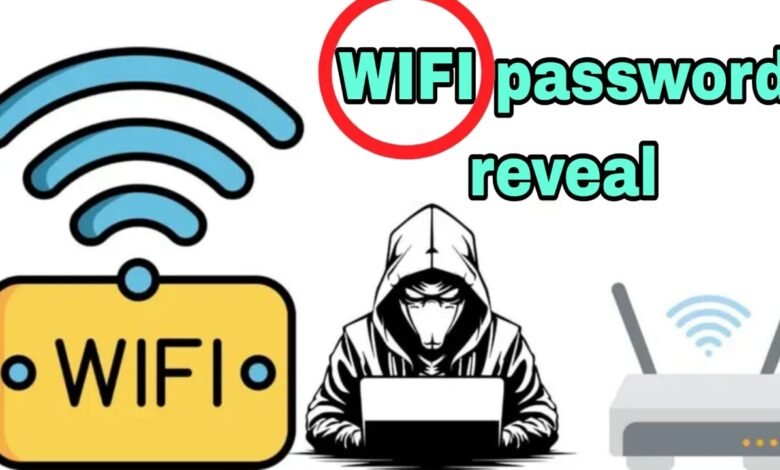How to Access Wi-Fi Networks Legally

How to Access Wi-Fi Networks Legally
In today’s digital era, Wi-Fi networks have become an essential part of daily life, providing easy internet access in homes, offices, cafes, and public spaces. However, many people face challenges in connecting to these networks due to connectivity issues or the unavailability of passwords. This article explores legitimate and secure ways to access Wi-Fi networks without violating privacy or laws
. Requesting the Password from the Network Owner
The simplest and most direct way to access a Wi-Fi network is to ask the owner for the password. Whether you are at a friend’s house, an office, or a café, you can always request the password in an official and courteous manner
Tip: Avoid sharing the password with others without the owner’s permission, as this could lead to security or legal issues
-
Skills to earn $8000 from Facebook monthly
-
How to Earn Over $6,000 Monthly from TikTok
-
Earn $60 per hour promoting apps online
-
Learn to trade currencies
. Accessing Public Networks
Many public places, such as cafes, hotels, and airports, offer free Wi-Fi networks. In these cases, you may need to accept terms and conditions or log in through a web portal. Before connecting, ensure that you are using a trusted Wi-Fi network and avoid unprotected open networks
Tip: Always use a VPN (Virtual Private Network) to safeguard your personal data when connecting to public Wi-Fi
. Using Mobile Hotspot or Personal Modem
If you require a stable internet connection but cannot find a reliable Wi-Fi network, you can use your mobile phone as a hotspot to share your mobile data. Many telecom providers offer large data plans that can be used in such scenarios
The application is here below
. Connecting via Bluetooth or NFC
Some smartphones allow Wi-Fi connection through Bluetooth or NFC (Near Field Communication), enabling password transfer securely between devices. This method is useful when the password is not directly available, but another device can share access
. Contacting Internet Service Providers for Support
If you are struggling to connect to your own Wi-Fi network, you can always contact your Internet Service Provider (ISP) for technical assistance. Their support teams can help resolve connectivity issues or adjust modem/router settings
The application is here
. Ensuring Security and Privacy
When connecting to a new Wi-Fi network, always verify that it is secure. Use encrypted networks (WPA3 or WPA2) and avoid open, unprotected networks. Also, be cautious of phishing attempts or fake networks designed to steal personal information
Tip: Do not save Wi-Fi passwords in your browser unless you are certain your device is secure
-
Earn $8000 per month from AdSense from blogging
-
How to Earn Over $7,000 a Month on Instagram
-
How to earn $50 per hour on WhatsApp
-
How to Make More Than $10,000 a Month on Amazon
. Legal Methods for Network Security Testing (For Developers and Researchers)
If you are a developer or cybersecurity researcher, you can legally test Wi-Fi network security using specialized tools like Wireshark or Aircrack-ng. However, always obtain the network owner’s permission before conducting any security assessments
Conclusion
Accessing Wi-Fi networks should always be done legally and securely. Whether by requesting passwords from authorized sources, using public networks with caution, or opting for mobile internet solutions, it is essential to prioritize privacy and security. By following these legitimate methods, you can ensure safe and ethical internet access in various situations


